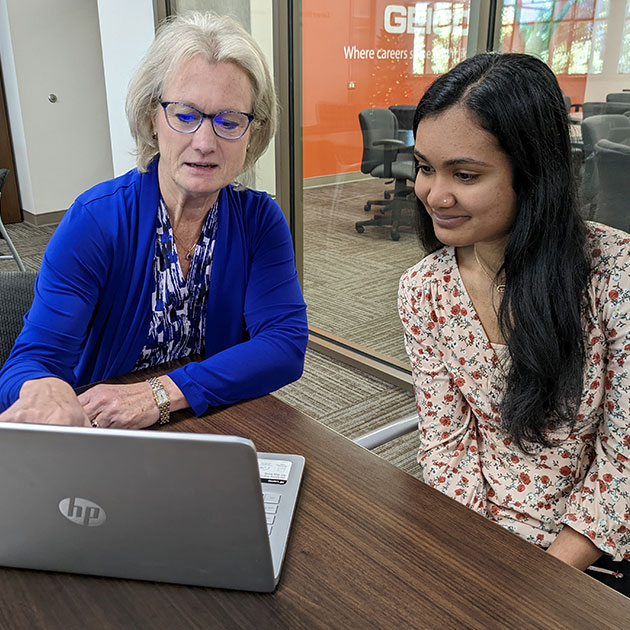When catching up with some of my friends still at the Jindal School, I occasionally get asked for recommendations on classes to take. There are so many options for electives, and sometimes you’ll want to take a class that can expand your skill set or give you a different perspective on a new topic. As you’re selecting your courses for the spring semester, one recommendation I always make is to consider taking a programming class. Even if you aren’t an information technology and systems major, having a programming elective under your belt can still be extremely beneficial.
Programming teaches you a systematic way of thinking that will help you in your new job. As the saying goes, computers are very smart but also very dumb. A computer does exactly what you tell it to, so when you are not completely clear, the computer is going to mess up. When you are writing a program, you learn how to be extremely specific in what you are asking it to do. You have to be specific with your details and the instructions that you ask the computer to execute. You also learn about checking your work, since an error as small as a misplaced quotation or comma will completely throw off your program.
You’ll probably have to do some sort of programming at your new job. Of course, unless you’re a computer science major, your boss is not going to ask you to create a brand new application. However, you may need to run a report, and you may end up writing a SQL query to collect the data that your boss is asking for. You might be surprised with the role you are thrown in. I work in a technical role now, where I write queries and work with data, and many of my co-workers in similar positions studied finance or accounting, where they didn’t have a technology background at all. Having a background in programming definitely has helped me pick up new languages much faster than my peers who haven’t had to program before.
When you take a programming course, it will most likely focus on a programming language, which is composed of keywords that help you instruct the computer on what to do. A programming language could be something like Visual Basic, HTML or Java. Sometimes, students who aren’t too familiar with programming stress about what type of language they should be learning, but it really doesn’t matter what your first language is. A programming language is very similar to the languages that we write. Your first language might be English, but there are a lot of similar words that can be found in French or Spanish. Knowledge of how sentence structures are set up will help you no matter what foreign language you are working to pick up. You’ll find that the structures of how to set up a program, along with a variety of keywords, are going to be pretty similar in different languages, so even if you learn Java as your first language, it will still help you when at work you’re told to pick up SQL.
What if you don’t consider yourself a technology person? Unfortunately, you can’t really tell your boss that when he or she gives you a new assignment. Or, how cool would you look if you volunteer, when no one else in your office knows where to start? It’s better to start learning these skills now, while you’re in school and can make mistakes, to get ahead rather than struggle to learn it on the job. Especially if you don’t consider yourself a technology person, seeing “Hello, World!” pop up on your screen after you write your first program will give you the confidence boost to take on any technology challenge.
There are a variety of programming courses available at UT Dallas, and even in the Jindal School like the Web Design and Development for Business Applications. It doesn’t matter what language you learn; the skills you pick up when learning how to program can be applied across languages. Have you noticed how awesome programming skills look on a résumé? You might even surprise yourself with what you can tell a computer to do. The programming courses are easily some of the most valuable courses that I’ve taken, and I highly recommend picking up a class or two while you have the opportunity.






